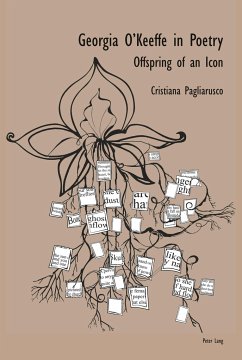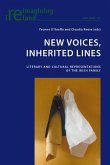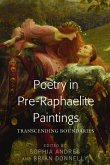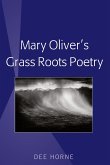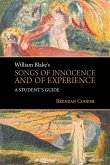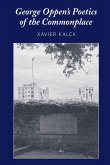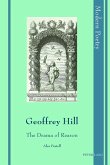This book examines poetic interpretations of the life and works of the American Modernist painter Georgia O'Keeffe. It shows how these poems have interpreted, de-codified and translated O'Keeffe's subjects, expanding her art and nourishing her legacy. By borrowing the term radicant from art scholar Nicolas Bourriaud, it seeks to capture the essence of O'Keeffe as an artist who approached art in heterogeneous contexts and formats, transplanting and sharing new creative behaviours.
After an introduction to the development of ekphrastic writing, and a summary of the principal aesthetic and critical theories that deal with the intriguing intersections between visual and verbal media, the book provokes reflection on the reasons why O'Keeffe often showed reticence towards the world of words. Subsequent chapters analyse the extent to which poetry prompted by O'Keeffe's paintings provides not only accurate and eulogistic descriptions of her art but also an encounter between media that expand the interpretation of her art. The book confirms that in visual art as well as in poetry, the shared process of selecting and emphasizing helps artists get at the essence of things and, thus, disentangle the complicated facets of existence.
After an introduction to the development of ekphrastic writing, and a summary of the principal aesthetic and critical theories that deal with the intriguing intersections between visual and verbal media, the book provokes reflection on the reasons why O'Keeffe often showed reticence towards the world of words. Subsequent chapters analyse the extent to which poetry prompted by O'Keeffe's paintings provides not only accurate and eulogistic descriptions of her art but also an encounter between media that expand the interpretation of her art. The book confirms that in visual art as well as in poetry, the shared process of selecting and emphasizing helps artists get at the essence of things and, thus, disentangle the complicated facets of existence.

